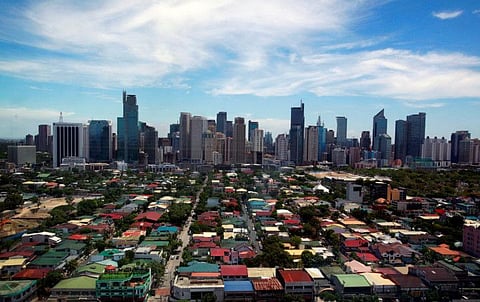Philippine central bank eyeing peso after slide to 4-month lows
Peso breached the 56 level against the dollar amid an outflow of foreign funds

Manila: The Philippine central bank is closely monitoring the peso “for possible spillover impact on inflation amid the recent global banking stresses” after the currency slid to more than four-month lows this week.
Still, the Bangko Sentral ng Pilipinas believes that “a freely moving exchange rate is an essential price signal” that allows the economy to respond to global developments, Deputy Governor Chuchi Fonacier told an annual assembly of currency traders on Saturday.
The peso breached the 56 level against the dollar amid an outflow of foreign funds from Philippine equities and signals that the BSP could pause from raising interest rates at its policy meeting next month if the downtrend in inflation continues. Before its recent slide, the peso was one of the best performing currencies in Asia.
Domestic inflation cooled to a six-month low of 7.6 per cent in March, the second month in a row that price gains have slowed after hitting a 14-year high in January. BSP Governor Felipe Medalla said earlier this month that the strengthening currency was helping slow inflation.
“We are now at that stage where we are watching the differential of our own policy rate with that of the Fed,” Fonacier said at the convention held on Boracay island in central Philippines. “When you have very narrow differentials between the Fed policy and ours, you have a weak peso.”
The BSP has raised its key rate by 425 basis points since last May, one of the most aggressive tightening cycles in the region. Its latest quarter-percentage point hike in March brought the overnight reverse repurchase to 6.25 per cent, the highest since 2007. The central bank’s policymaking monetary board meets next on May 18.
Fonacier said the BSP’s “monetary setting remains appropriate for growth.” The International Monetary Fund predicted that the Philippine economy will expand by 6 per cent this year, among the fastest in Asia.
Sign up for the Daily Briefing
Get the latest news and updates straight to your inbox



